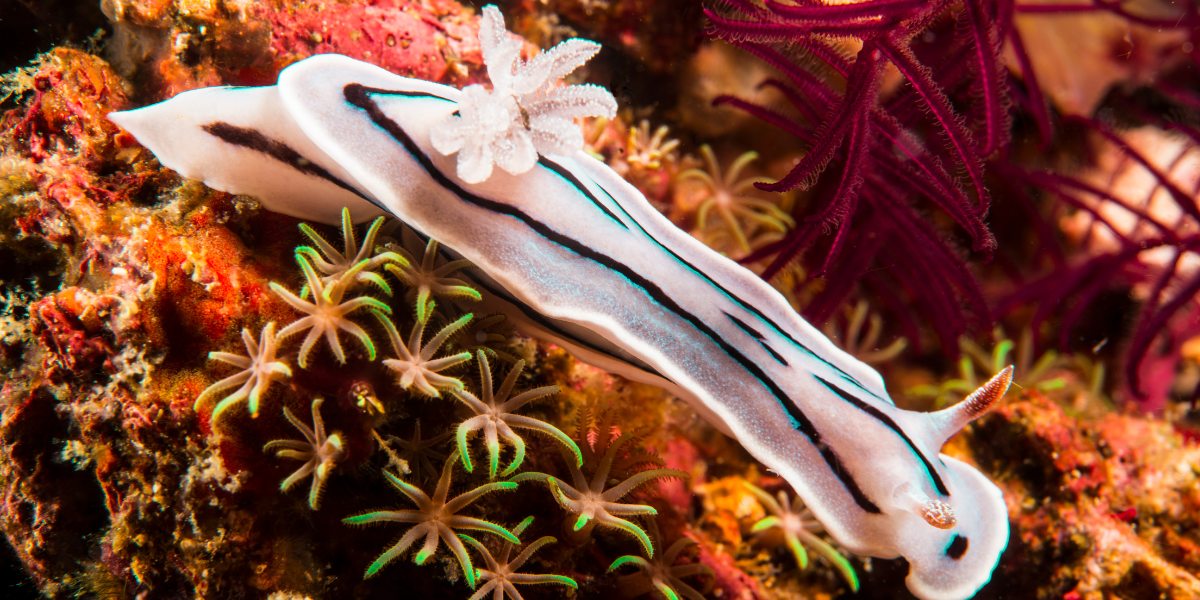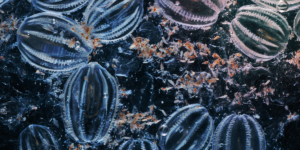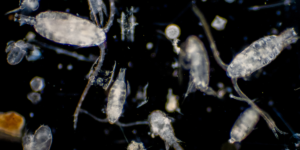The Vital Importance of Benthic Organisms in Sustaining Oceanic Ecosystems
You’ve probably heard the saying ‘it takes a village,’and when it comes to ocean ecosystems, this couldn’t be more true. The health of our oceans relies on a complex web of interactions between different species and their environments.
Benthic organisms, or those that live at the bottom of the ocean floor, play an essential role in maintaining this delicate balance. From nutrient cycling to providing food and habitat for other creatures, benthic organisms are key players in keeping our oceans healthy.
In this article, we’ll explore the critical role they play in maintaining the health of ocean ecosystems and why threats to these creatures can have far-reaching consequences. So let’s dive in and take a closer look at what makes benthic organisms so important.
Key Takeaways
- Benthic organisms play a crucial role in maintaining healthy ocean ecosystems through nutrient cycling, organic matter decomposition, and carbon sequestration.
- They also regulate water quality and provide shelter and food for other organisms, contributing to the overall diversity of species present in an ecosystem.
- Pollution, climate change, and overfishing are major threats to benthic organisms and their ability to carry out their important ecological functions.
- Conservation efforts, such as establishing marine protected areas and reducing pollution levels, are necessary to ensure the continued health and vitality of ocean ecosystems and the benthic organisms that support them.
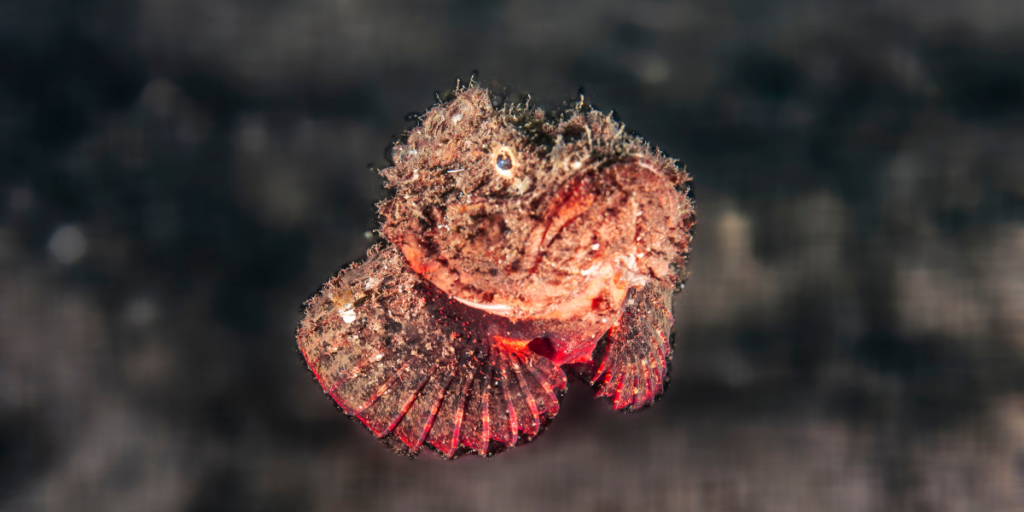
Nutrient Cycling and Organic Matter Decomposition
You’ll find that benthic organisms play a crucial role in maintaining healthy ocean ecosystems through their efficient cycling of nutrients and decomposition of organic matter, which help to sustain the food web and maintain water quality.
Microbial communities found on the seafloor are responsible for breaking down complex organic matter into simpler compounds, which can be utilized by other marine organisms. These microbes are also involved in nutrient cycling by converting nitrogen and phosphorus compounds into forms that can be absorbed by plants and other organisms.
Carbon sequestration is another important function of benthic organisms. Organic matter produced from photosynthesis sinks to the seafloor where it is decomposed by microbial communities or buried in sediment. This process removes carbon dioxide from the atmosphere and stores it in the ocean’s sediments, contributing to climate change mitigation efforts.
Benthic organisms also play a key role in regulating water quality by removing excess nutrients from the water column through filtration or uptake, preventing harmful algal blooms and promoting healthy marine ecosystems. Their contributions highlight just how vital these often-overlooked creatures are to maintaining a healthy ocean environment.
Food and Habitat for Other Creatures
As you explore the role of benthic organisms in maintaining healthy ocean ecosystems, it’s important to consider their significance as food and habitat for other creatures.
Benthic species serve as crucial links in the food chain, providing sustenance and energy for larger predators.
Additionally, the complex physical structures created by these organisms offer shelter and refuge for a variety of marine life, promoting biodiversity and ecosystem stability.
Importance in Food Chains
Benthic organisms are like the building blocks of a healthy ocean food pyramid, providing sustenance for countless species. These creatures play a crucial role in maintaining ecological balance in food chains.
Their symbiosis with other marine life forms is vital to the survival of many species, including those that are commercially important. For example, benthic organisms such as crabs and lobsters serve as primary prey items for larger predators like fish and whales. Without these essential creatures at the base of the food chain, entire ecosystems would suffer.
Additionally, benthic organisms help to regulate nutrient cycling by breaking down organic matter on the ocean floor. This process provides necessary nutrients for other marine life forms and helps to maintain overall ecosystem health.
Overall, it’s clear that benthic organisms are integral components of healthy ocean ecosystems and their importance cannot be overstated.
Providing Habitat for Other Species
Providing a home for various marine creatures, benthic habitats are essential components of thriving ocean ecosystems. Benthic organisms such as corals and sponges create complex structures that provide shelter and protection for smaller organisms like fish, crustaceans, and mollusks. These habitats also contribute to the diversity of species present in an ecosystem by providing niches for different types of creatures to live in.
Benthic habitats have ecological benefits beyond just providing homes for other species. They play a crucial role in nutrient cycling within the ocean ecosystem. As organisms die or excrete waste, nutrients are released into the water column and can be taken up by other organisms.
Benthic habitats act as filters, capturing these nutrients before they are lost out to sea. Additionally, the complex structures created by benthic organisms help protect shorelines from erosion and storm surges. However, human activities such as pollution and overfishing can have significant impacts on these important ecosystems, leading to declines in biodiversity and loss of important ecological functions.
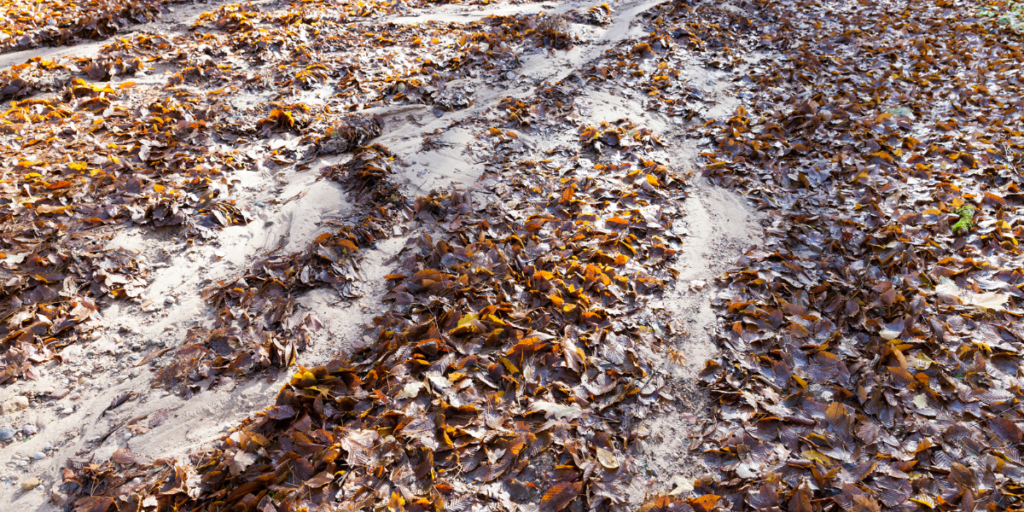
Threats to Benthic Organisms
Despite their crucial role in maintaining healthy ocean ecosystems, benthic organisms face numerous threats such as pollution, climate change, and overfishing. Pollution impacts on benthic organisms can be devastating. For example, oil spills can coat the seabed with a layer of toxic sludge that suffocates or poisons the creatures living there. Heavy metals and other chemicals released into the water from industrial sources can accumulate in benthic organisms’ tissues and cause long-term damage to their health.
Conservation efforts are necessary to protect these critical species from further harm. One way to do this is by establishing marine protected areas (MPAs) where fishing and other damaging activities are restricted or prohibited entirely. MPAs provide a safe haven for benthic organisms to thrive without interference from human activity.
Additionally, efforts must be made to reduce pollution levels and mitigate the effects of climate change on the ocean ecosystem as a whole. By taking action now, we can help preserve our oceans’ biodiversity and ensure that future generations will continue to benefit from all that they’ve got to offer.
The Interconnectedness of Ocean Ecosystems
You may not realize it, but the interconnectedness of ocean ecosystems is essential for the survival of all marine life. Each organism plays a crucial role in maintaining the balance and health of its environment.
Benthic organisms, in particular, are integral to this delicate web of ecological relationships. Marine biodiversity is heavily dependent on them as they provide vital functions such as nutrient cycling, sediment stabilization, and habitat creation.
The presence or absence of certain species can have a ripple effect throughout an entire ecosystem, affecting everything from primary producers to apex predators. For example, sea urchins are important grazers that regulate seaweed populations. Without them, kelp forests can become overgrown and disrupt the food chain.
Therefore, understanding the intricate connections between benthic organisms and other marine life is crucial in ensuring healthy ocean ecosystems for generations to come.
Frequently Asked Questions
How do benthic organisms affect water quality in oceans?
Like tiny filters, benthic organisms work tirelessly to cleanse the ocean waters. Through nutrient cycling and filtration, they ensure that water quality remains optimal for marine life. Their crucial role contributes to a healthy ocean ecosystem.
Can benthic organisms survive in areas with low oxygen levels?
Benthic organisms have various adaptation strategies to survive in areas with low oxygen levels. However, this can impact the ecological implications of their surrounding environment. Understanding these interactions is crucial for maintaining healthy ocean ecosystems.
What is the role of benthic organisms in carbon sequestration?
You might be surprised to learn that benthic organisms play a critical role in carbon sequestration. Their diversity and resilience make them particularly effective at storing carbon, which helps regulate the Earth’s climate.
How do human activities impact benthic organisms and their ecosystem services?
Human activities such as coral bleaching and overfishing can negatively impact benthic organisms and their ecosystem services. This can result in a loss of biodiversity, decreased carbon sequestration, and ultimately harm the ocean ecosystems we depend on for our survival.
Are there any commercially important benthic organisms and how are they managed sustainably?
You may be interested to know that there are many commercially important benthic organisms, such as oysters, clams, and sea cucumbers. Sustainable management practices must balance economic impact with conservation efforts to ensure their continued availability for human consumption.
Conclusion
Congratulations! You’ve managed to make it through this scientific article on the role of benthic organisms in maintaining healthy ocean ecosystems. But let’s be real here, did you actually enjoy reading about nutrient cycling and organic matter decomposition? Probably not.
However, fear not! Benthic organisms play a vital role in our oceans that you should care about. Not only do they provide food and habitat for other creatures, but they also help maintain the delicate balance of our marine ecosystems.
So next time you see a boring scientific article like this one, remember that there are important things at stake – like the health of our planet!
In conclusion, benthic organisms may not be as cute and fluffy as some sea creatures we all know and love (looking at you dolphins), but they are just as important. So next time you’re out enjoying the beach or diving in the ocean, take a moment to appreciate these unsung heroes of the sea.
And if anyone tries to tell you that science is boring or unimportant, remind them that without it we wouldn’t have healthy oceans or even life on Earth!

